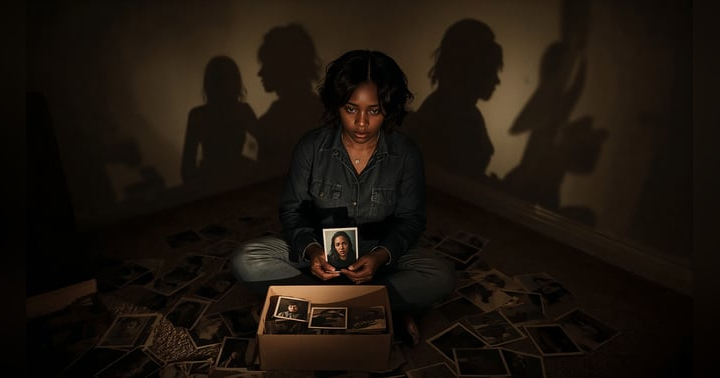When Silence Becomes Policy: The Unforgivable Risk of Defunding 988’s LGBTQ+ Youth Lifeline

Mental Health Awareness Month is meant to be a time for connection, reflection, and renewed commitment to those living with mental health challenges. But this year, the opening day arrives under a cloud of looming danger.
According to a recent NPR report, the federal government is considering cutting funding for 988 Suicide & Crisis Lifeline’s LGBTQ+ specialized services—services that have saved lives, provided affirming support, and offered hope to those who too often feel invisible. Since 2022, this targeted lifeline has served more than 1.2 million people.
Let that sink in: over a million LGBTQ+ individuals reached out—and someone answered.
I wish this month didn't start with this looming. It should have started with a promise: that every person deserves support, no matter their identity. But instead, we are faced with a potential policy decision that may jeopardize the futures of some of our most vulnerable.
Meet Riley.
They’re not real—but they could be. Riley is 16, nonbinary, and lives in a conservative rural town where their identity is met with silence, misunderstanding, and sometimes open hostility. After a particularly brutal week at school, Riley came home, locked their bedroom door, and dialed 988 on their phone.
They didn’t want to talk to just anyone—they needed someone who understood. They clicked the option for LGBTQ+ support.
The voice on the other end didn’t ask them to explain their identity. They didn’t offer clichés or empty cheerleading. They listened. They affirmed. And they said two words Riley hadn’t heard all week: You matter.
This conversation didn’t fix everything—but it bought Riley time. It restored just enough hope to keep going. And sometimes, that’s the difference between life and death.
But potentially cutting this lifeline is not just a funding issue. It is a values issue. And it is a moral one. I learned long ago that a budget is a moral document. People put their money towards what they care about.
LGBTQ+ youth are already at alarmingly high risk. More than 1.8 million LGBTQ+ young people seriously consider suicide each year. At least one attempts suicide every 45 seconds. That’s not a statistic—it’s a countdown.
So what message does it send to end a program designed specifically for them?
On Mental Health Rewritten, we believe the narrative around mental health must include every voice—especially those who’ve been silenced or sidelined. When there is the threat of stripping away one of the few affirming national services for LGBTQ+ youth, it’s not just poor policy—it’s an act of erasure.
Let’s be clear: this isn’t about politics. It’s about people. Young people. Scared people. People who are trying, just barely, to hold on.
This Mental Health Awareness Month, we must demand more. Not performative hashtags. Not vague statements of “support.” Action. Protection. Presence.
Here’s what you can do:
-
Call your representatives and tell them to fully fund 988, including its LGBTQ+ services.
-
Share a story like Riley’s—or your own. Show that these services aren’t hypothetical; they’re necessary.
-
Donate to organizations like The Trevor Project and the Born This Way Foundation who continue this work daily.
The cost of silence is too high. Let's not let a lifeline go quiet.
Because Riley is still out there. And one day, it might be their number that doesn’t get answered.









